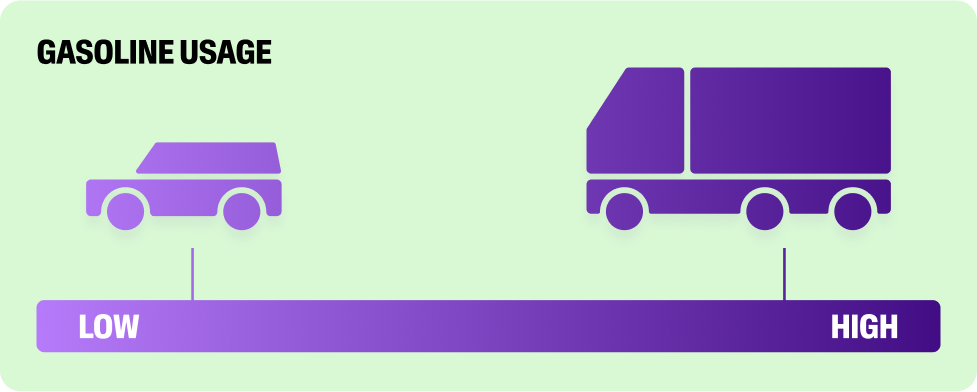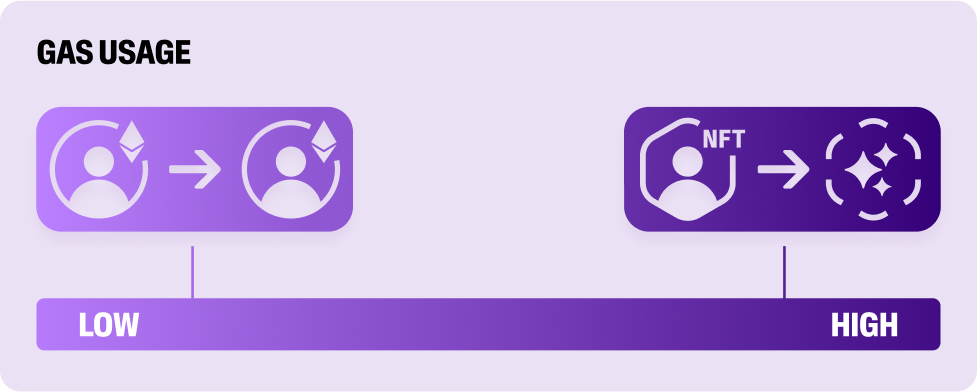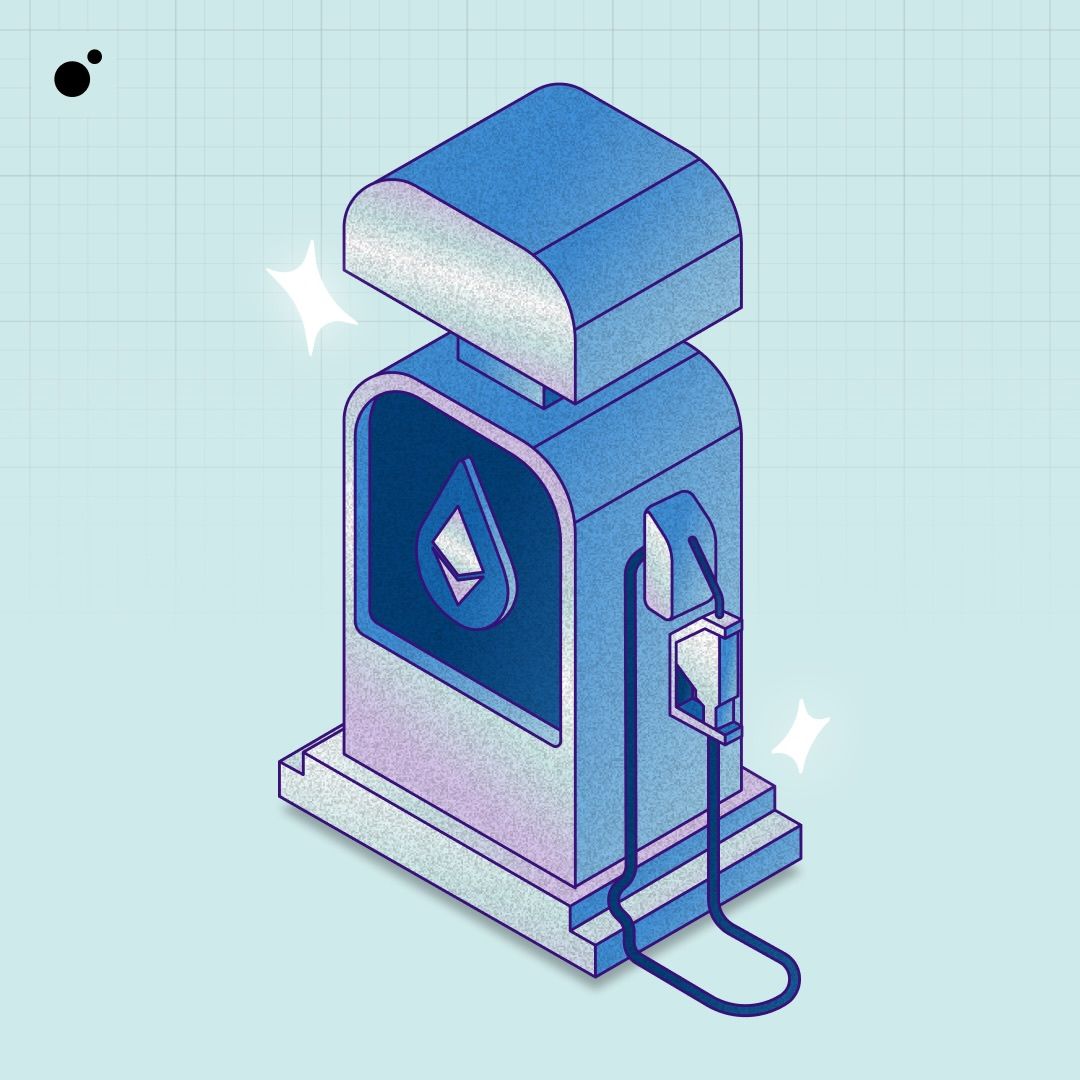Gas is a unit that measures the computational power needed for some blockchains to complete a transaction. Ethereum, which coined the term, calls it “the fuel that allows [the network] to operate”.
While gas is a simple concept, the term is sometimes used in ways that can be confusing for beginners:


The concept of “gas" used strictly to mean the computational power needed to complete a transaction is specific to Ethereum and Ethereum-compatible blockchains like Polygon, Avalanche, and Fantom.
Further reading: What are Ethereum gas fees? ETH fees explained
Fuel economy

To understand how gas works, you can think of it in terms of car gasoline / petrol. Just as some cars consume more gasoline than other cars, different blockchain tasks require different amounts of gas.

On Ethereum, for example, the computation required to send a small amount of ETH to a friend is much lower than the computation required to mint a non-fungible token.
Fuel price
This computation comes at a cost. Gas fees are the transaction fees users pay based on the amount of gas used. The standard formula used by Ethereum and other Ethereum-compatible blockchains is:

The “gas limit” is simply the total amount of gas consumed for a transaction. Just as a small car may only need one gallon of gasoline to travel 30 miles (whereas a much bigger car may need two gallons to travel the same distance) a simple Ethereum transaction might use 50,000 “units” of gas (whereas a much bigger transaction may use 100,000 units). More computation = more units.

The gas price is the price for a single unit of gas. Just as gasoline prices are expressed in price per gallon (or liter, depending on where you live), gas price is expressed in price per unit (on Ethereum, this is measured in Gwei, worth one-billionth of 1 ETH). And just as gasoline prices fluctuate due to supply and demand, so do gas prices.

Subscribe to our newsletter!
Did you like this article? Sign up to our weekly MoonPay Minute newsletter to get similar content delivered directly to your inbox.
